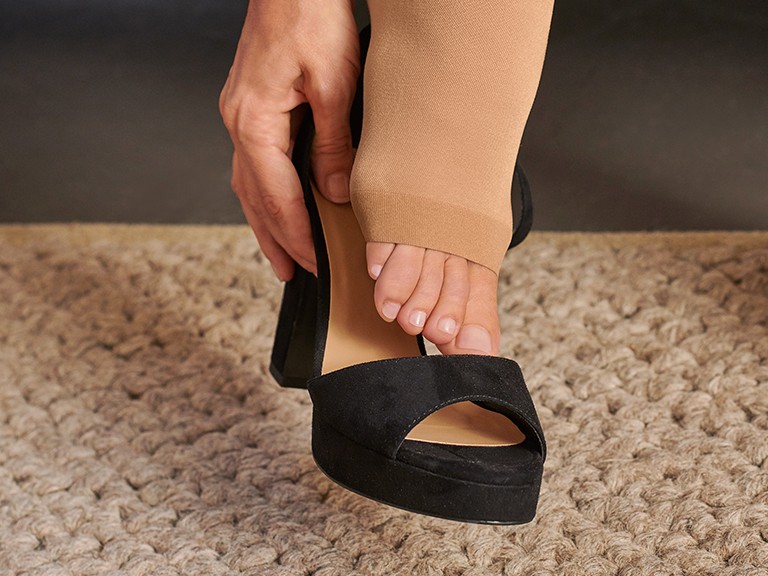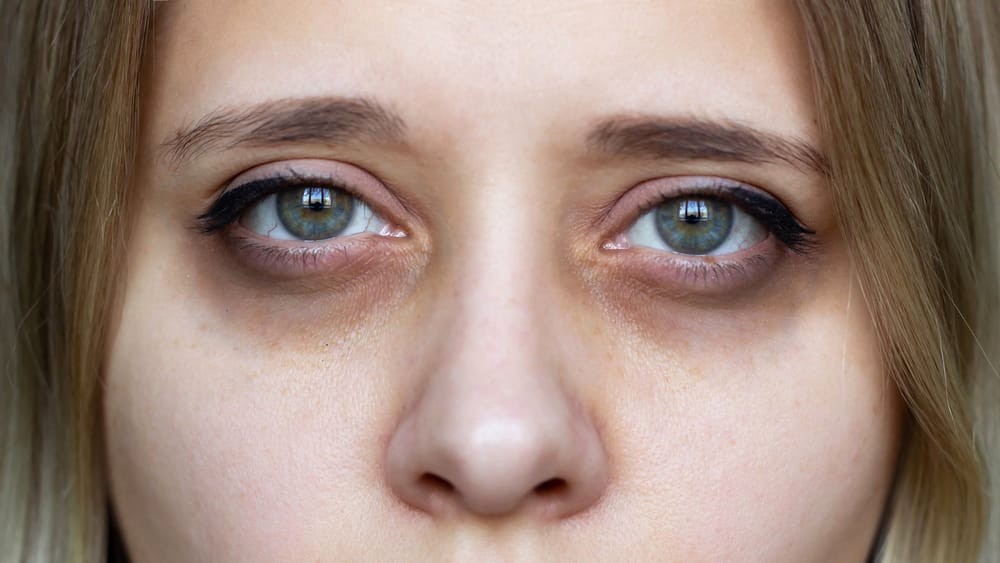Ear Discharge, also called otorrhea, is the fluid that comes out of the ear.
In most cases, the ear releases earwax. It is an oil that your body generates naturally. The role of earwax is to keep dust, bacteria, and other foreign substances out of your ears.
However, other conditions, such as rupture of the eardrum. It can cause various fluids and blood to drain from the ear.
This type of secretion indicates that your ear is injured or infected and requires medical attention. Ear Discharge – Ear, Nose, and Throat Disorders are treated by ENT specialists.
In the following, I have discussed in detail the causes and treatment of ear discharge.
Causes
The conditions that can cause secretions include infections and injuries.
Otitis media
Otitis media (Middle ear infection) is a common cause of secretions from the ear. Otitis media occurs when bacteria and viruses reach the middle ear. Infections in the middle ear can cause fluid to collect behind the eardrum. Excessive fluid can puncture the eardrum and can lead to ear secretions.
If you have otitis media and experiencing ear discharge, consult an ENT specialist in Karachi.
Trauma
Trauma to the ear canal can also cause secretions. Such trauma can occur while cleaning your ears if you push in-ears too profoundly with a cotton swab.
Increased pressure, such as flying or driving, can also cause ear trauma. These situations can also cause the eardrum to rupture or tear.
Acoustic trauma is ear damage caused by deafening noises. Acoustic trauma can also cause the eardrum to rupture. However, these cases are less common.
Swimmer’s Ear
Otitis externa, commonly known as the swimmer’s ear, occurs when bacteria and fungi infect the ear canal. This usually occurs when you spend a lot of time in the water.
It can also occur if you stab a foreign object in your ear. Damage to the ear canal makes it more susceptible to infection.
Less Common Causes
A less common cause of ear secretion is malignant otitis externa. A complication of the swimmer’s ear damages the cartilage and bones of the base of the skull.
Other rare causes include a skull fracture or mastoiditis (infection of the mastoid bone behind the ear).
Consult a specialist immediately
You should immediately contact an ENT specialist if:
- Your ear secretions are white, yellow, or blood.
- If you have had secretions for more than five days
- From time to time, ear secretions can occur with other symptoms such as fever.
- If you have intense pain, swelling or redness in your ears, or deafness.
- If you have an ear injury that causes secretions.
Treatments
Treatment of ear secretions depends on the cause. In some cases, your condition does not require treatment.
The signs usually begin to disappear within the first 1-2 weeks without treatment.
- Painkillers may be needed to treat pain and discomfort.
- The doctor may give antibiotic ear drops if your child is less than six months old or has a fever above 102.2 ° F.
- If you have eardrum tears that do not heal spontaneously, the doctor may apply a particular paper patch to those tears. This patch closes the hole while the eardrum heals.
- If the patch does not work, the doctor may surgically repair your ear with your skin patch.
- Doctors need to treat the swimmer’s ears to prevent the spread of the infection. The doctor usually gives you antibiotic ear drops and uses them for about a week. In severe cases, oral antibiotics are also needed.
Preventive Measures
- Breastfeeding can protect the baby from ear infections when the baby receives the mother’s antibodies in the milk.
- They recommend that the baby be upright rather than fed when feeding a baby in a bottle.
- Keep foreign objects far from your ears to prevent the eardrum from breaking.
- If you know you are in a noisy place, wear earmuffs to protect your eardrums.
- Prevent the swimmer’s ears by always drying your ears after entering the water. Also, try draining water with your head facing one side and then the other side.
If you are experiencing discharge other than the typical ear wax, you must immediately consult an ENT specialist.
If left untreated, it could worsen.
Frequently Asked Questions (FAQs)
1-What is the appearance of Ear Discharge?
When earwax mixes with water, it may look like a liquid secretion. The color is usually orange, yellow, or brown.
2-What are hypersecretory home remedies?
Mix an equal quantity of apple cider vinegar with rubbing alcohol. Apply 5-10 drops to each affected ear. Cover your ears and lie down so that water droplets can enter your ears and sit down. Do this for about 5 minutes.
3-Is Over-Excretion a Symptom of Covid 19?
No, COVID-19 has nothing to do with ear infections, and in general, these types of infections do not share many common symptoms.




